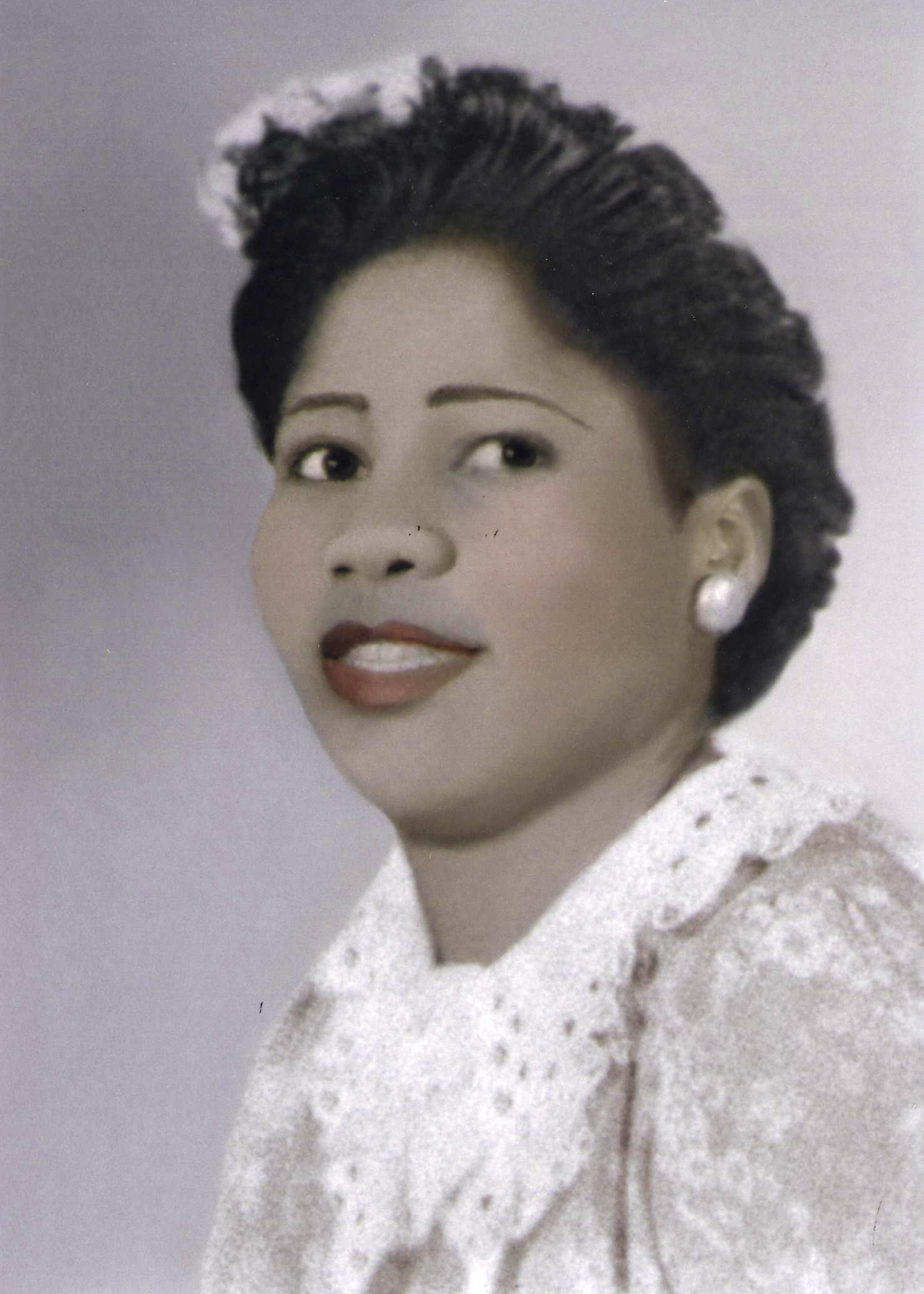At the age of 13, I learned the hard way that there are times when silence becomes a piercing scream. When my grandmother was diagnosed with leukemia, the silence was deafening. Over a decade later, I still recall her sense of defeat as she painfully transformed from a strong woman, full of wisdom to solve any problem with her vast wealth of knowledge and her inventive home remedies, into a woman silently facing her own mortality. During that time, I watched as family members became paralyzed by her devastating illness. Our joy-filled home became a repressed and secretive place where the mere mention of cancer was strongly discouraged. These profound experiences led me to believe that the quiet and stoic approach that we practiced was no panacea. Yet, cancer was really just one of an array of medical concerns about which we were a silent throng. As we ate, laughed and talked about many topics during our traditional Sunday dinners, we remained silent about the problems of obesity, hypertension, diabetes, cancer, and sickle cell which were all present at our table, alongside a delicious spread of southern cuisine. In hindsight, particularly due to my work and engagement with projects related to health disparities, I see how these moments would have been a perfect forum for us to engage in conversations about health and wellness.
My grandmother passed away three months after being diagnosed. Her death ended the tradition of our dinners, and I was left to understand my family’s chosen response alone. I went to college and two courses were pivotal in shaping my understanding: African Religion and Anthropology of Cancer. I developed a better understanding of how culture and religion contribute to health behaviors. The conceptions about disease and responses to it unquestionably show the imprint of one’s emotions—fearful of the unknown and hopeful for answers. I never imagined a course would help me to understand my own family. My professor introduced us to articles on the different words used to talk about cancer. The list included “Big C, Black Death, Evil, Death Sentence” and some cultures had no name or like my family avoided the name altogether. We read The Cancer Journal by Audre Lorde. This book is about Lorde’s experience with breast cancer and her personal transformation of silence into action. One of my favorite quotes is from this book. It reads: “My silences had not protected me. Your silence will not protect you. But for every real word spoken, for every attempt I had ever made to speak those truths for which I am still seeking, I had made contact with other women while we examined the words to fit a world in which we all believed, bridging our differences.” So, I accepted that silence was a universal language in the cancer world and a vice for change.
That experience inspired me to help other women and families struggling in the silos believing that cancer was a death sentence. Female cancers represent a significant burden in women worldwide. Working in Boston at the largest cancer treatment center, I witnessed the pain of women undergoing treatment for breast cancer, but I also witnessed hope. In the midst of internal destruction, women were rebuilding their lives, achieving new heights, and most importantly surviving.
I realized this was not the reality for women globally when I spent seven months in Kenya working with the Nairobi Women’s Hospital. Young women below 40, some even under 30, were being diagnosed with cervical cancer at one of the most precious times in their lives and those who died were leaving young children behind. I finally knew why my family chose silence—because it’s easier to watch something you can’t fix in silence than talking about the debilitating reality of losing a loved one to something no one can control or stop.
I decided on a different path and today that journey continues. When we accept silence, we allow disease to win. Martin Luther King once said, “The beginning of the end of life is when we remain silent about things that matter.” As I honor my grandmother Blanchie Moorehead-Gardner (picture below) in this endeavor, I choose my voice in lieu of silence in fields that matter most to me: public health and research. I recognize those who are silenced by pain by helping to change the health systems, creating access, and contributing in the fight for health equity. I’m thankful that Global Health Corps gave me an opportunity to do just that in Zambia at the Ministry of Health this year.

